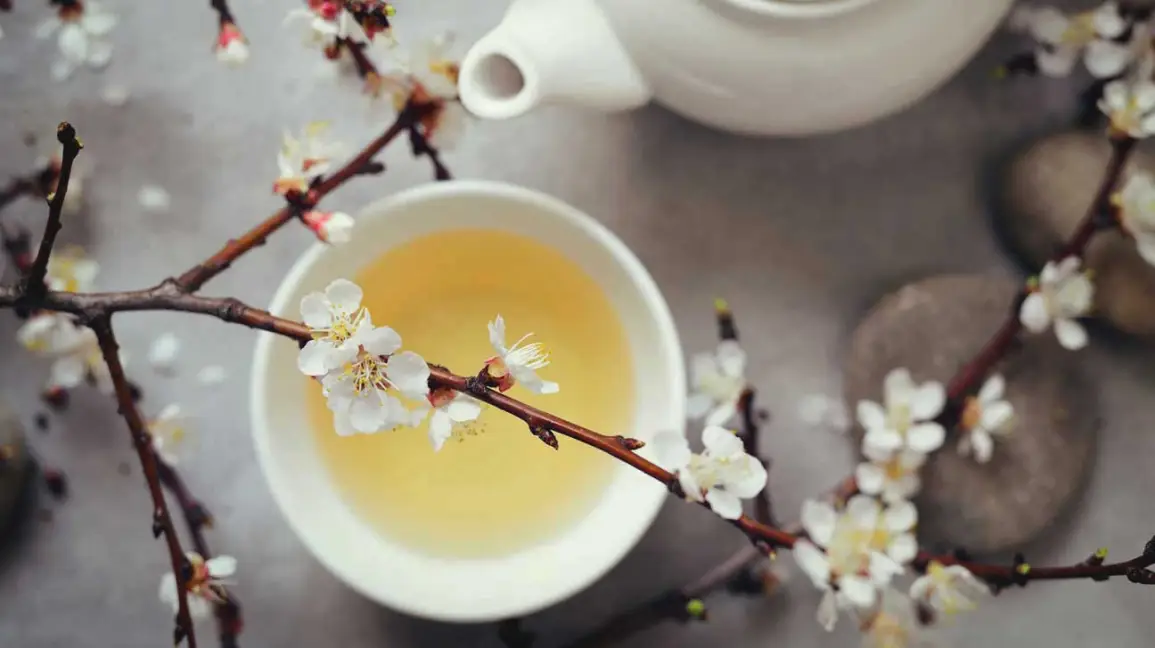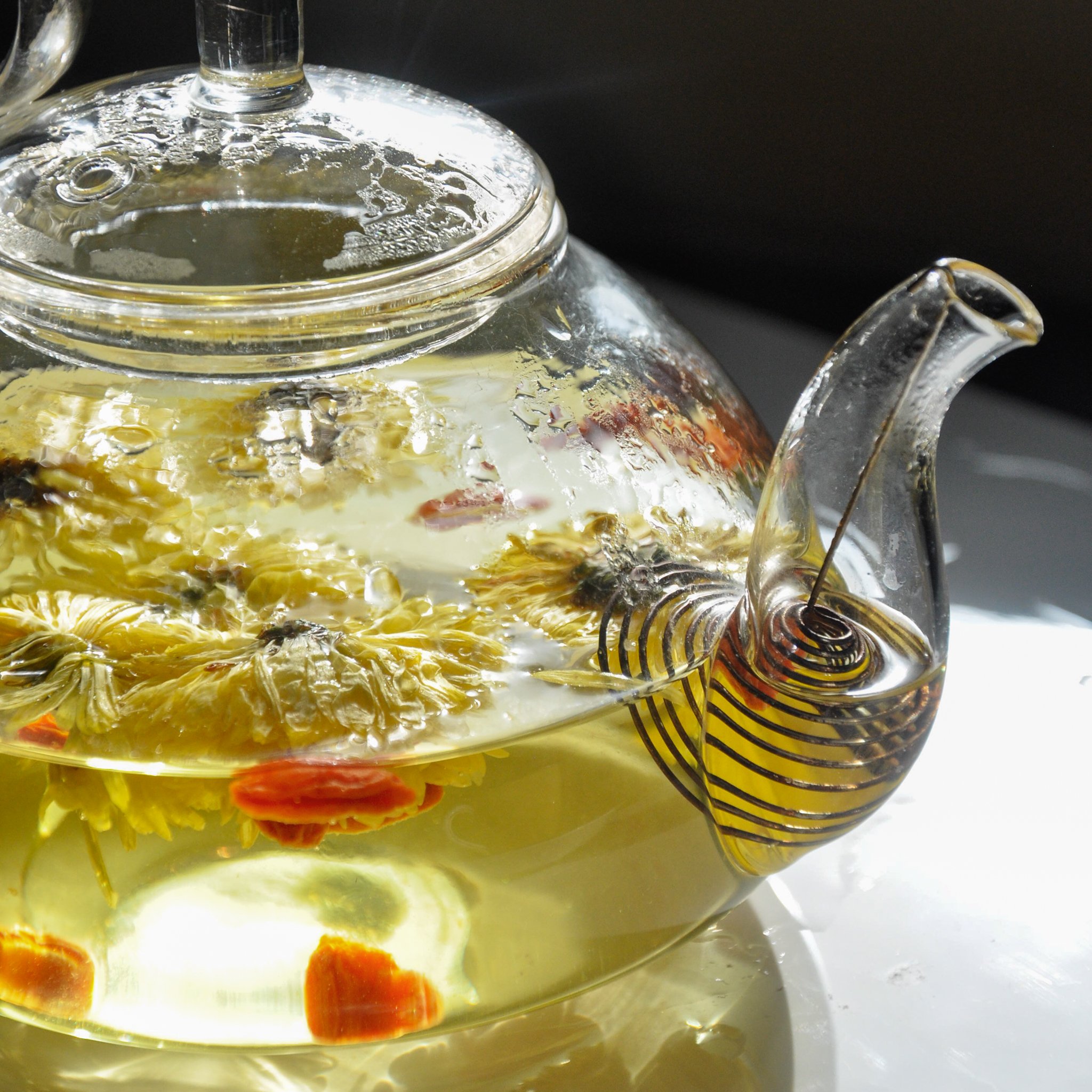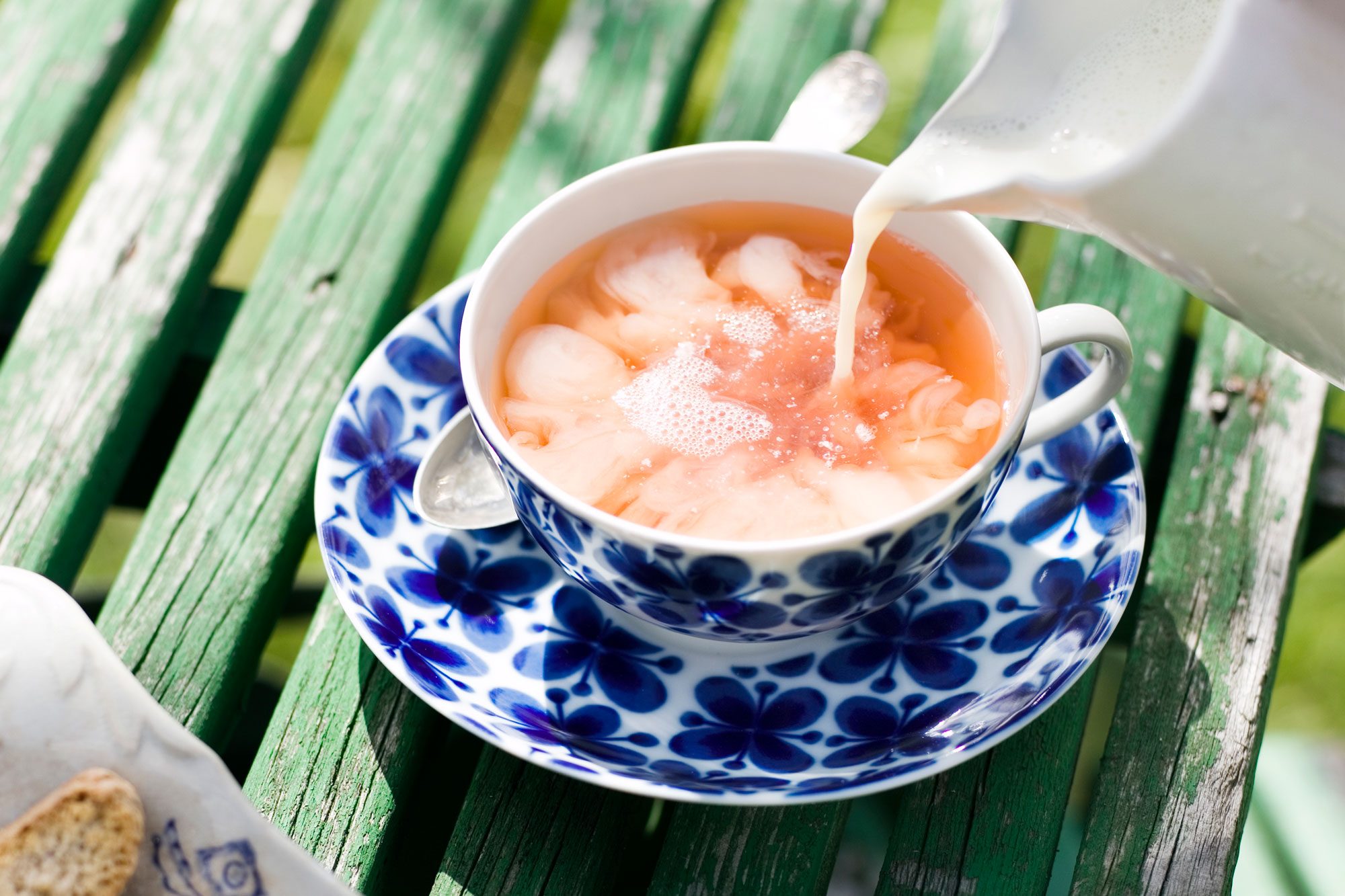Peppermint tea, made from the leaves of the peppermint plant (Mentha × piperita), is a refreshing herbal infusion cherished for its cooling flavor, soothing properties, and myriad health benefits. This caffeine-free tea is enjoyed worldwide for its versatility and medicinal qualities, making it an ideal choice for those seeking a natural remedy for various ailments.
Key Components of Peppermint Tea
Peppermint tea owes its benefits to its rich content of bioactive compounds, including:
- Menthol: The primary active compound responsible for its cooling sensation and therapeutic effects.
- Menthone: A natural compound that adds to its aromatic and medicinal properties.
- Flavonoids: Antioxidants that protect against oxidative stress and inflammation.
- Essential Oils: Including limonene and pulegone, which enhance its soothing effects.
Health Benefits of Peppermint Tea
- Supports Respiratory Health
- Bronchodilator Effect: Menthol helps relax the muscles around the airways, making it easier to breathe.
- Decongestant: Its natural anti-inflammatory and antimicrobial properties can help clear nasal passages, reduce sinus congestion, and soothe irritated respiratory tissues.
- Pollution Relief: Ideal for combating air pollution’s effects, as it helps reduce inflammation in the respiratory tract.
- Aids Digestion
- Relieves bloating, gas, and indigestion by relaxing gastrointestinal muscles.
- May alleviate symptoms of irritable bowel syndrome (IBS), such as cramps and diarrhea.
- Promotes healthy digestion and eases stomach discomfort after meals.
- Reduces Stress and Anxiety
- The refreshing aroma and natural compounds in peppermint tea can calm the mind and reduce stress.
- Its caffeine-free nature makes it a great evening beverage for relaxation.
- Eases Headaches and Migraines
- Menthol’s cooling effect can alleviate tension headaches and migraines by improving blood flow and relaxing the muscles.
- Anti-Inflammatory Properties
- Helps soothe irritated tissues in the body, including the respiratory and digestive systems.
- May reduce inflammation-related pain, such as menstrual cramps or sore throats.
- Boosts Immunity
- Rich in antioxidants, peppermint tea helps combat oxidative stress and supports the immune system.
- Its antimicrobial properties can protect against minor infections.
How to Make Peppermint Tea at Home
Peppermint tea is simple to prepare and can be enjoyed hot or cold.
Ingredients:
- 1 tablespoon of fresh peppermint leaves (or 1 teaspoon of dried leaves)
- 1 cup of boiling water
- Honey or lemon (optional, for flavor)
Instructions:
- Add peppermint leaves to a cup or teapot.
- Pour boiling water over the leaves.
- Cover and let it steep for 5–10 minutes, depending on desired strength.
- Strain and sweeten with honey or add lemon if desired.
- Serve hot or refrigerate for a refreshing iced version.
When to Drink Peppermint Tea
- Morning: Start the day with a refreshing boost.
- After Meals: Aid digestion and prevent bloating.
- Evening: Wind down with a calming cup before bed.
- During Colds or Allergies: Relieve congestion and soothe the throat.
Precautions and Side Effects
While peppermint tea is generally safe, it’s important to consider a few precautions:
- GERD (Acid Reflux): Peppermint tea can relax the lower esophageal sphincter, potentially worsening symptoms of acid reflux.
- Pregnancy: Consult a doctor before consuming peppermint tea in large quantities during pregnancy.
- Allergic Reactions: Rare, but individuals with mint allergies should avoid it.
Fun Fact
Peppermint is a hybrid of watermint (Mentha aquatica) and spearmint (Mentha spicata), making it naturally high in menthol and uniquely suited for tea brewing.
Conclusion
Peppermint tea is more than just a delicious beverage—it’s a powerful herbal remedy that supports respiratory health, eases digestion, and promotes relaxation. Whether you enjoy it as part of your daily routine or as a natural remedy, peppermint tea is a versatile and beneficial addition to a healthy lifestyle.





